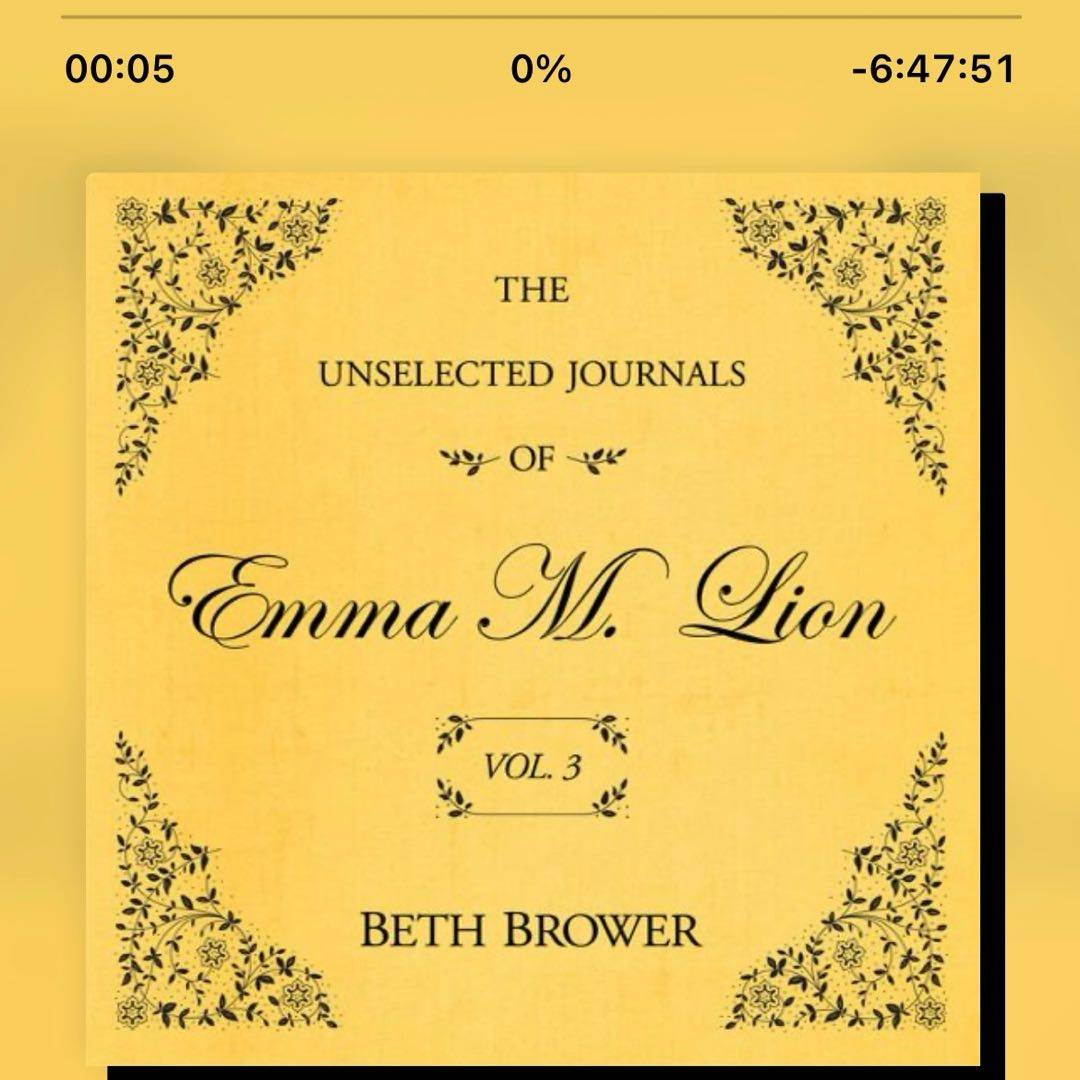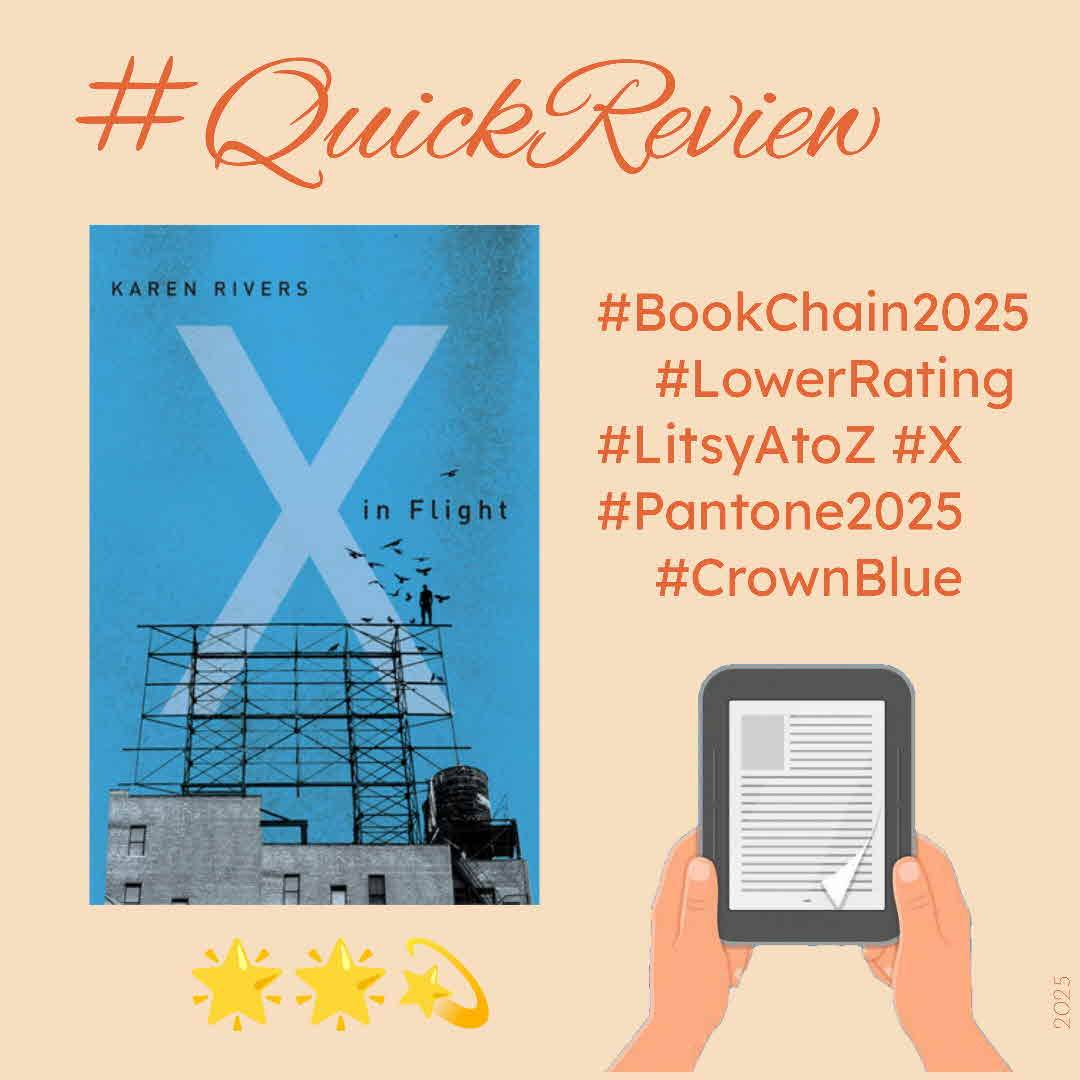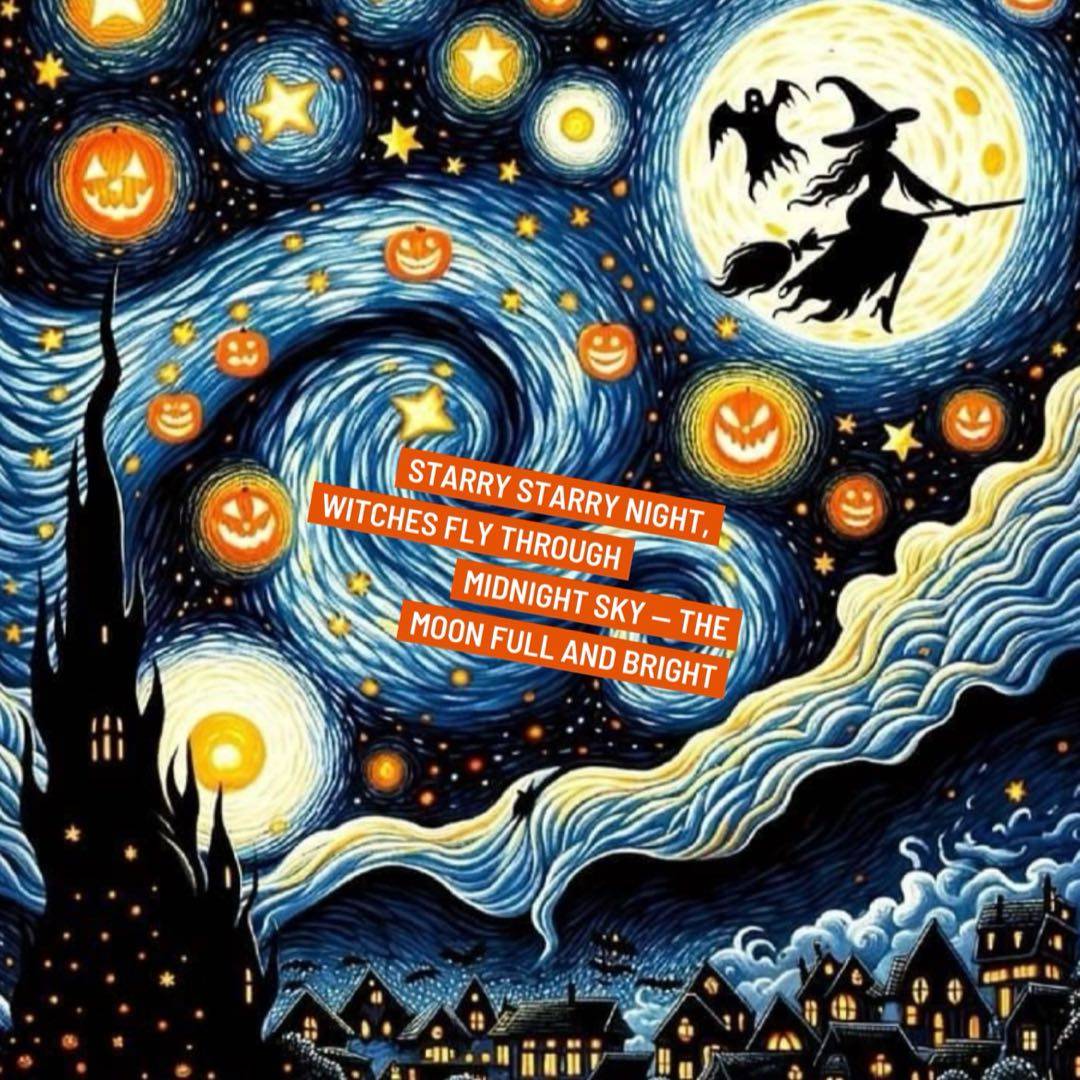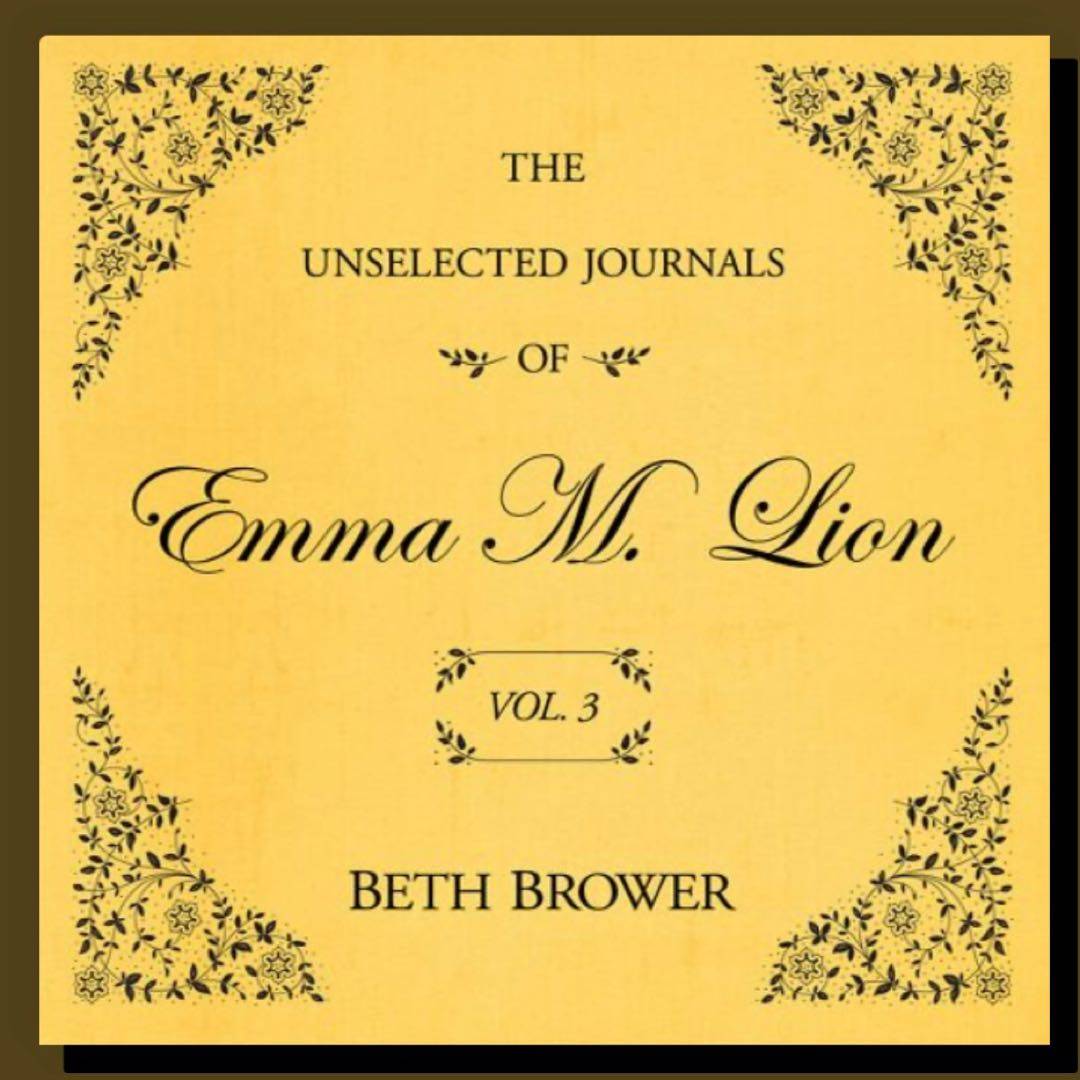
Really like this series

Really like this series

2½✨
Teen drama and turmoil at full throttle
The way this story was told from three different perspectives—first, second, and third person—really threw off the flow. It felt like I had to reset my brain with every chapter.
#BookChain2025 #LowerRating @TheAromaofBooks
#LitsyAtoZ #X @Texreader
#Pantone2025 #CrownBlue @Lauredhel

starry starry night,
witches fly through midnight sky —
the moon full and bright. 🌕
#haikuhive #haikuaday #poetry #halloween #witches
Stories keep the world intact. Storytelling predates the written word by about 3000 years. Fairytales specifically have always protested against societal constraints and commented on the human condition. Fairytales offer whimsy and truth. The whimsy makes us brave, and the truth points us in the right direction. I use fairytales from around the world because they remind me of hope and they show that no one is immune to sorrow.

Like some others on here, I just seem to keep reading these! This is the longest one so far, yet still under 7 hours on audio. I enjoyed this one, but found it a little uneven. Great in places, dragging a touch in others.

#5JoysFriday @DebinHawaii
1. Flowers
2. Family BBQ this afternoon
3. Watched Hamilton on Hulu (wow!!)
4. Three days off before I go back to work!
5. Tiny glimmers of hope for kindness and rational thought plus empathy
Took me this long to find 5 things 🎆🧨😐